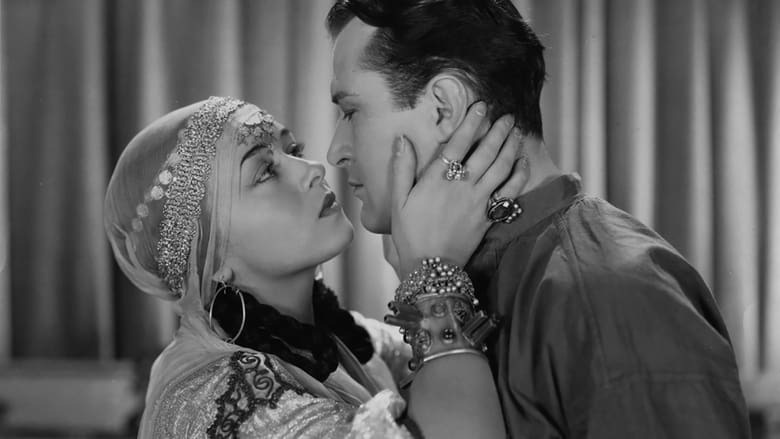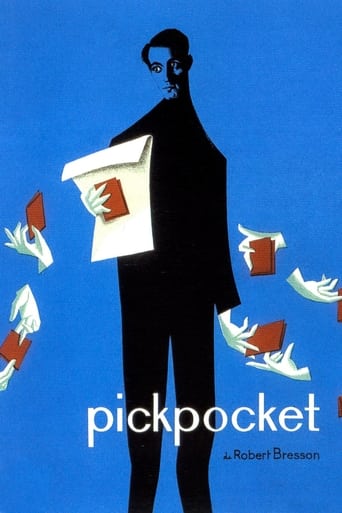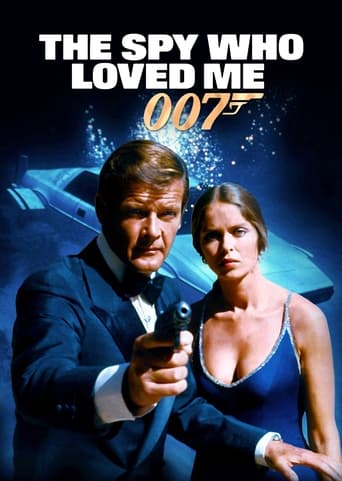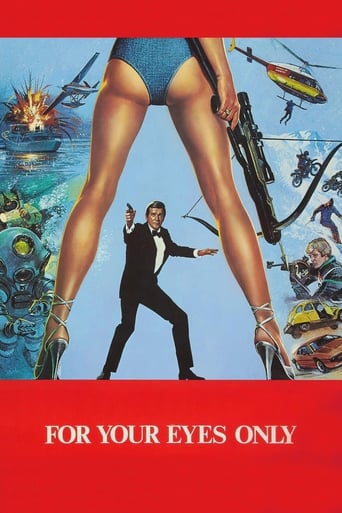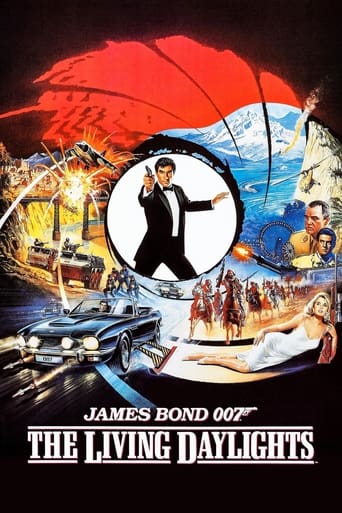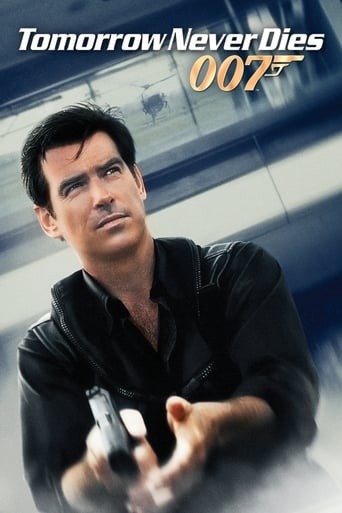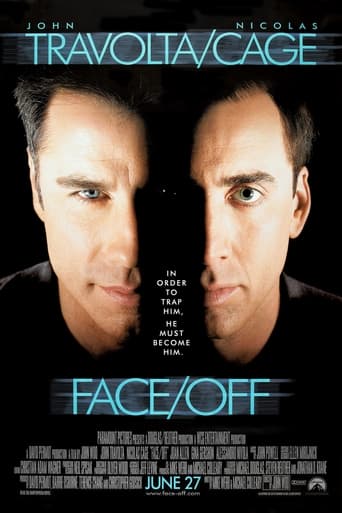Beau Ideal (1931)
An American joins the French Foreign Legion in order to rescue a boyhood friend.
Watch Trailer
Free Trial Channels
Cast


Similar titles
Reviews
It was OK. I don't see why everyone loves it so much. It wasn't very smart or deep or well-directed.
The movie runs out of plot and jokes well before the end of a two-hour running time, long for a light comedy.
The plot isn't so bad, but the pace of storytelling is too slow which makes people bored. Certain moments are so obvious and unnecessary for the main plot. I would've fast-forwarded those moments if it was an online streaming. The ending looks like implying a sequel, not sure if this movie will get one
Great example of an old-fashioned, pure-at-heart escapist event movie that doesn't pretend to be anything that it's not and has boat loads of fun being its own ludicrous self.
Beau Ideal (1931) ** (out of 4)Pervical Christopher Wren's sequel to Beau Geste has John Geste (Ralph Forbes) joining the French Foreign Legion after his love Isobel (Loretta Young) informs him that their friend (Frank McCormick) has joined. Pretty soon Geste finds himself in the desert and accused of leading a mutiny that he had nothing to do with. BEAU IDEAL has pretty much been forgotten today and if someone has heard of it it's probably because of how poorly it did when it was originally released. The film's quality also has a pretty low reputation but I didn't find the movie all that bad, although there's clearly something missing from it. The entire film has an incredibly strange structure that starts off with the two friends in the bottom of a dungeon and then we flashback to when they were children and then we flash-forward to a sequence between jumping yet again. I'm really not sure what the point of this was as it really adds nothing to the film and it also seems that more footage is missing. The film runs 80-minutes and while watching it I really wondered if perhaps it originally ran a lot longer but the studio cut it down before release. There are so many side plots that happen yet seem to never be mentioned again. The film also has some pretty bad moments that could become a cult classic if people actually watched the film. One example is the poor acting during the opening sequence and another happens during the mutiny in the desert. Both of these scenes are so poorly done that they will bring laughs when they're meant to be dramatic. Forbes isn't too bad in his role but he's certainly far from memorable. Young is pretty much in thankless cameo and it's funny seeing her working with the director again after the abuse he gave her on LAUGH CLOWN LAUGH.
... with an overall incoherent story to boot. The beginning really interested me, as I found myself dropped into a story in progress, with no real context, making me want to know the whys and the hows and the whos of the situation. You see half a dozen men at the bottom of an underground grain pit that is acting as a prison in the middle of the desert. They are wailing about how it has been six days since they had rations. There are two left alive, one looks at the one who has just died and says "Stout Fellow" then collapses himself. The one left conscious says, with great interest, "What did you say??" At this point the story goes back 15 years to England and shows the Geste brothers, Isobel Brandon, and Otis Madison as children. There really is no point to this part of the story other than to show the camaraderie among the four even at this early age. American Otis returns to England years later as an adult to propose to Isobel (Loretta Young). Funny how he'd take such a long journey believing that time had stood still for Isobel, but it is just the first of many odd things Otis does.Instead of tears of joy, Otis is greeted by just plain tears before he even gets to pop the question. Apparently the Geste brothers joined the French Foreign Legion because of an indiscretion one had committed but, heck, those Geste boys always do things together don't you know! When John's mortally wounded brother is attacked by a sadistic officer, John in turn kills the officer. The military court shows mercy since the officer struck one of his own men and sentence John to ten years in the French Foreign Legion Penal Battalion rather than hang him. Oh, and by the way, John and Isobel were engaged to be married prior to all of this and have tried and lost all appeals to the French government.Otis, being all dressed up with no place to go, decides to go to Africa, get John, and bring him back to Isobel. Now, remember, Otis doesn't know what John looks like anymore, apparently doesn't know what last name he is using - it is not Geste, and for that matter doesn't even know if there is more than one French Foreign Legion penal battalion on the continent of Africa. Then there would be the little matter of escaping from the French on the continent of Africa where their white skin would hardly make them blend into a crowd. James Bond would shake his head at the lack of prep work in this operation.Now I could take this outlandish plot if it wasn't for the poor overall technique. At some points there is pretty good dialogue, but for the most part this film lapses into pantomime-like silent film acting with the players actually saying the kinds of things that they would have said during the silent era when filming just to get in the mood - the kind of stuff the audience was never intended to hear lest they break out laughing. Towards the end it just gets so ridiculous. Maybe the problem here was that the director for this film also directed the silent version of "Beau Geste" in 1926 and just had a hard time moving the story ahead in time. Between the odd plot, the silent film acting coupled with a multitude of title cards, and the fact that top billed Loretta Young is only on screen between five and ten minutes, I'd recommend you pass on this one unless you are just interested in film history.
P.C. Wren wrote the story "Beau Geste" and several film versions have been made. However, few would know that he wrote two sequels, of sorts, and one of them was "Beau Ideal". I have not read the stories so I cannot say how close they are to this movie, but I felt completely underwhelmed by "Beau Ideal". It SHOULD have been a lot better, but the story just wasn't written very well--and perhaps that's the fault of the screen writer. So much of the story just didn't make any sense.The story begins in a dank prison in the African desert--filled with starving and dying prisoners. Then, abruptly, it jumps back 15 years to England. A group of children are playing at some country estate and one of them is told that it's time for him and his mother to return to their home in America--and he bids them goodbye and his eternal friendship. Then, years later, John Geste (Ralph Forbes) returns from America to England--with the intention of asking the young girl from earlier in the film to marry him. I KNOW this made no sense--they don't seem to have seen each other in the many intervening years. How could a 10 year-old expect, when he grows, to marry a girl he never saw until over a decade later?! But what happens next REALLY makes no sense. He learns that the boys he adored on his previous trip to England had joined the French Foreign Legion (the film was VERY vague as to why). And, all but one of them had died....and the last surviving boy had been sent to a Legion prison!!! Okay...but Geste then tells the grown girl (Loretta Young) that he would take care of the problem. Huh?! Next, you see Geste joining the Foreign Legion. Wow. What a dummy. Friendship is one thing, but this is just dumb. But it gets a lot dumber! He's a good soldier but when there is a mutiny, he claims he was involved and gets himself sent to the same prison as his friend--who he couldn't even recognize because so many years have passed! Hmmmm. Might this be the dumbest character in film history?! Perhaps. I don't know about you, but entering a North African prison does NOT sound like something I'd do voluntarily!!!! Duh...Soon the film is where it began--with another uprising in this work camp, he and the rest were thrown into a deep pit to rot. Days have passed since they received and food or drink. Eventually, a group of Bedouins arrive and let out Geste and his dying friend--the rest had long since died. It seems the men were left there because the camp had been wiped out--all were dead other than the two. Where all this goes next, you'll have to see for yourself. But understand that once again, some of what happens makes no sense--especially the woman who helps him late in the film AND Geste's apparent ability to dodge bullets! The bottom line is that the desert locale is great and the film has a bit of an epic feel to it. But the script is just bad--very bad. Geste seems idiotic and none of the film seemed the least bit possible. Not a brilliant triumph, my suggestion is to see one of the versions of "Beau Geste" instead.By the way, the animals used in the films are Bactrian camels from Asia not the single-humped camels from North Africa and Arabia. Perhaps they had trouble getting the correct animals but they hid the second hump very well. But, the Bactrian is much shaggier and stockier and the ones in the movie are indeed Bactrians, not Dromedaries. Wow. I bet you biology professors out there are thrilled to hear this. Others, well...bear with me and my love of minute details!
This needless sequel to 1926's "Beau Geste" suffers from that stiff, stagey quality common in early "talkies." The slightly-muffled nature of its sound recording merely emphasizes the lifeless quality of its dialog - perhaps its most dated feature. There are some good desert-scapes showing lines of Legionnaires crossing the Sahara, and the final reel has a rousing, if politically-incorrect, assault by rebellious tribesmen, but in general, "Beau Ideal" is little more than a mild curiosity for film historians. Loretta Young gets prime billing but has only a modest part.


